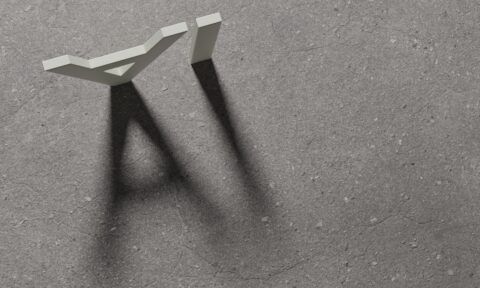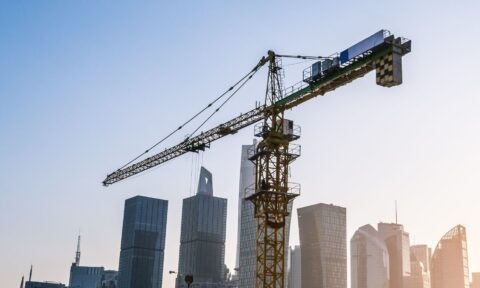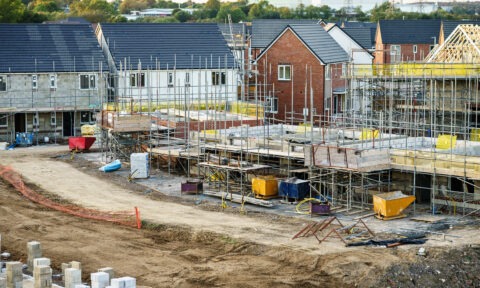Light weight Metallic Material and Structures
- Introduction to lightweight metallic material and structures through 4 lectures. It covers materials basics, manufacturing processes, and recycling progress.
- Target audience includes engineers, managers, scientists interested in lightweight structures.
- Course led by Professor Shouxun Ji, focusing on lightweight materials and structures development.
- Professor Ji's expertise includes aluminum and magnesium alloys, casting processes, and recycling.
- The course provides detailed case studies illustrating challenges in designing advanced lightweight structures.
Overview
The Online Metallic Material and Structures Training course consists of 4 lectures totaling 6 hours. It aims to introduce lightweight metallic materials and structures, covering material basics, manufacturing processes, design case studies, and recycling progress. The course targets Engineers, Operations’ managers, Applied Scientists, and Technologists involved in designing lightweight structures. Lectures are delivered by Professor Shouxun Ji, a renowned expert in lightweight materials and structures, focusing on developing advanced materials for various industries.
Who should attend
Engineers, Operations’ managers, Applied Scientists, Technologists
Course Content
4 lectures of 1.5 hours duration course (6 hours in total) is proposed and will provide an introduction of lightweight metallic material and structures. It will describe the materials basics, manufacturing processes, case study of design, analysis and development approaches of structures. It will present the progress of recycling of materials. The course will provide detailed examples of case studies that have reached the industry to illustrate the challenges that were overcome for successful design of advanced lightweight structures.
Who Should Attend?
The course is intended for Engineers, Operations’ managers, Applied Scientists and Technologists
interested in design of lightweight structures.. Engineers, managers and scientists involved in design, assessment and management of a wide range of engineering structures will also benefit from this course.
- 9.00- 10.30 Lecture 1: Lightweight metallic materials
- Introduction of lightweight metallic materials
- Aluminium alloys: wrought alloys and cast alloys
- Aluminium foams
- Typical applications
- Case study for development of crash safety structures
Professor Shouxun Ji
10.30 –10..45 Break
10.45 – 12.15 Lecture 2: Lightweight metallic materials
- High strength steel
- Magnesium alloys: wrought alloys and cast alloys
- Typical applications
- Case study for development of aircraft seat structures
Professor Shouxun Ji
12.15 – 13.30 Break
13.30 – 15.00 Lecture 3: Manufacturing of lightweight structures
- Casting: high/low pressure die casting
- Extrusion, forging and stamping
- Joining (riveting, glue, welding and typical joining methods)
Professor Shouxun Ji
15.00 – 15.30 Break
15.30 – 17.00 Lecture 4: Recycling of aluminium alloys and LCA analysis
- Benefits of recycling
- Key process
- Melt quality and challenges of recycling
- Life cycle assessment of application of recycled alloys
Professor Shouxun Ji
Professor Shouxun Ji
Prof. Shouxun Ji is currently a Professor at Brunel University London. He has been focusing on the development of lightweight materials and structures for the automotive industry, aerospace, powered tools, and other sectors. The main activities include purpose-developed aluminium alloys and magnesium alloys with improved ductility, strength (at ambience and elevated temperatures), modulus and thermal conductivity, and the hybrid structures using different materials and different joining techniques. He is also working on new materials and structures for special applications, such as materials for explosive cords and high strength casting materials for aircraft. His works have helped industrial partners to deliver several products in massive manufacturing. Recently, he worked with world leading company to develop magnesium alloys for small engine applications, which requires improved strength and thermal conductivity at room temperature and at elevated temperatures.
Prof. Ji have plenty experiences in high pressure die casting including die structure design, gating system design and optimisation, casting process and casting materials. He also worked extensively on other shaped-casting processes such as sand casting, gravity casting, low pressure die casting, semi-solid metal processing of rheo-die casting, rheo-extrusion, and rheo-twin roll casting. His previous works also included cast irons (spheroidal graphite cast iron and austempered ductile iron) and copper alloys.
Prof. Ji has published more than 130 papers in the peer-reviewed scientific Journals and more than 20 international patents. He is the member of three ISO technical committee and one BSI technical committee and the editorial member of three scientific journals. He received the innovation award from CMF UK in 2017.
Duration: 1 Day
Cost:£395 + Vat



